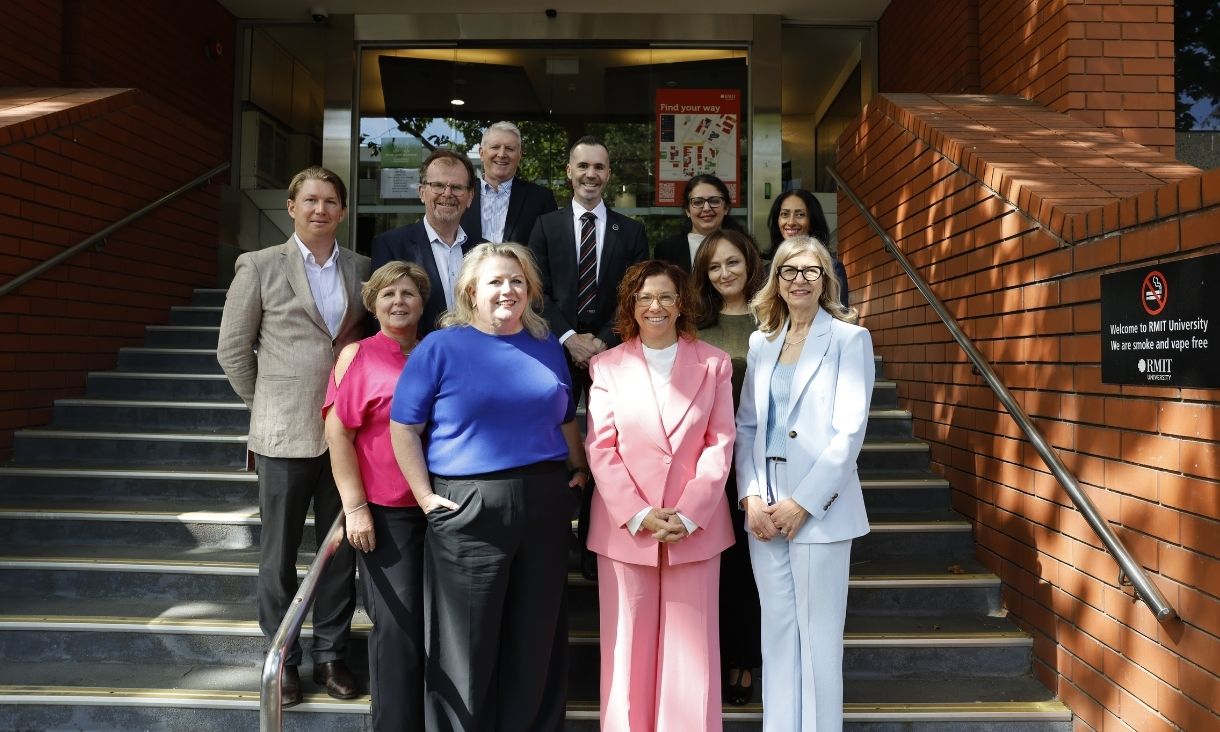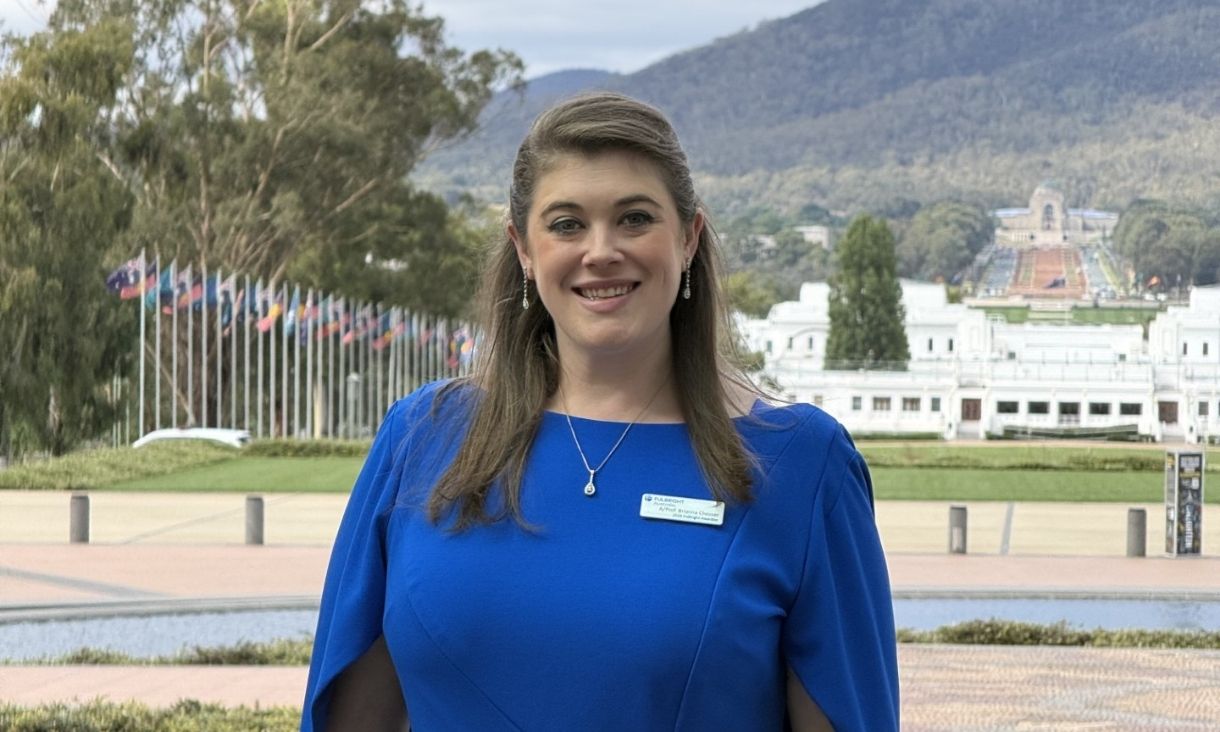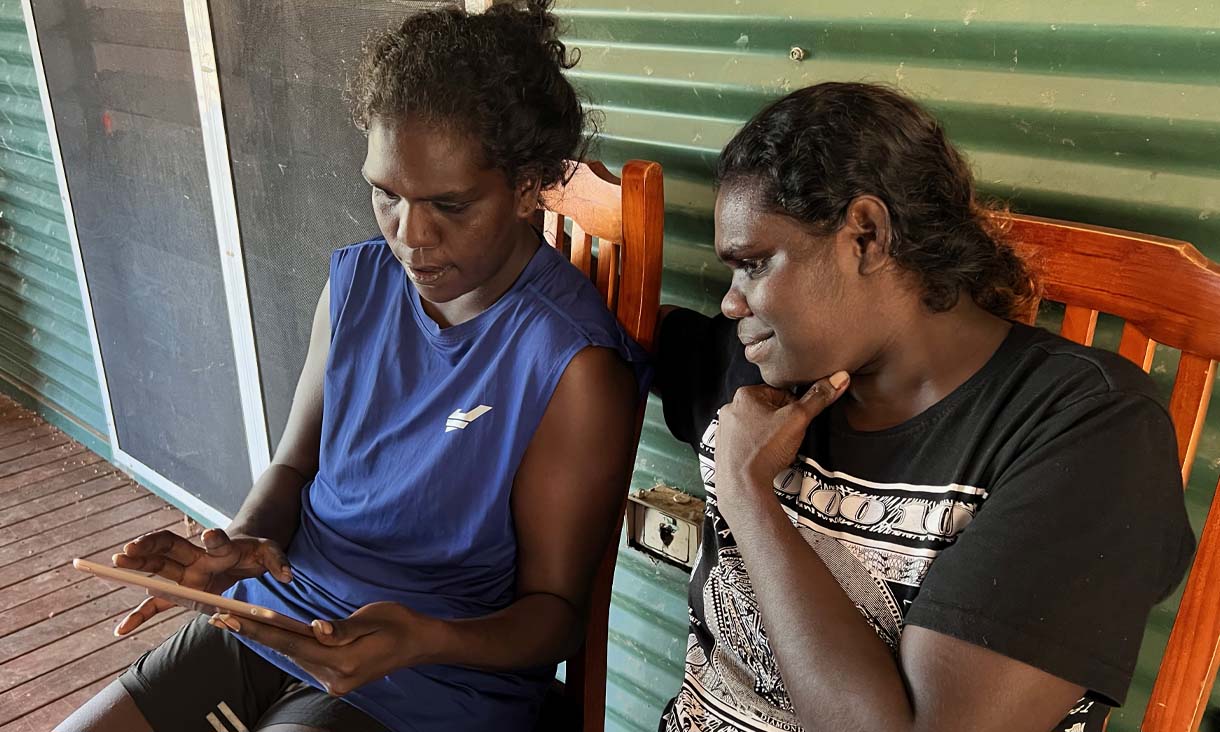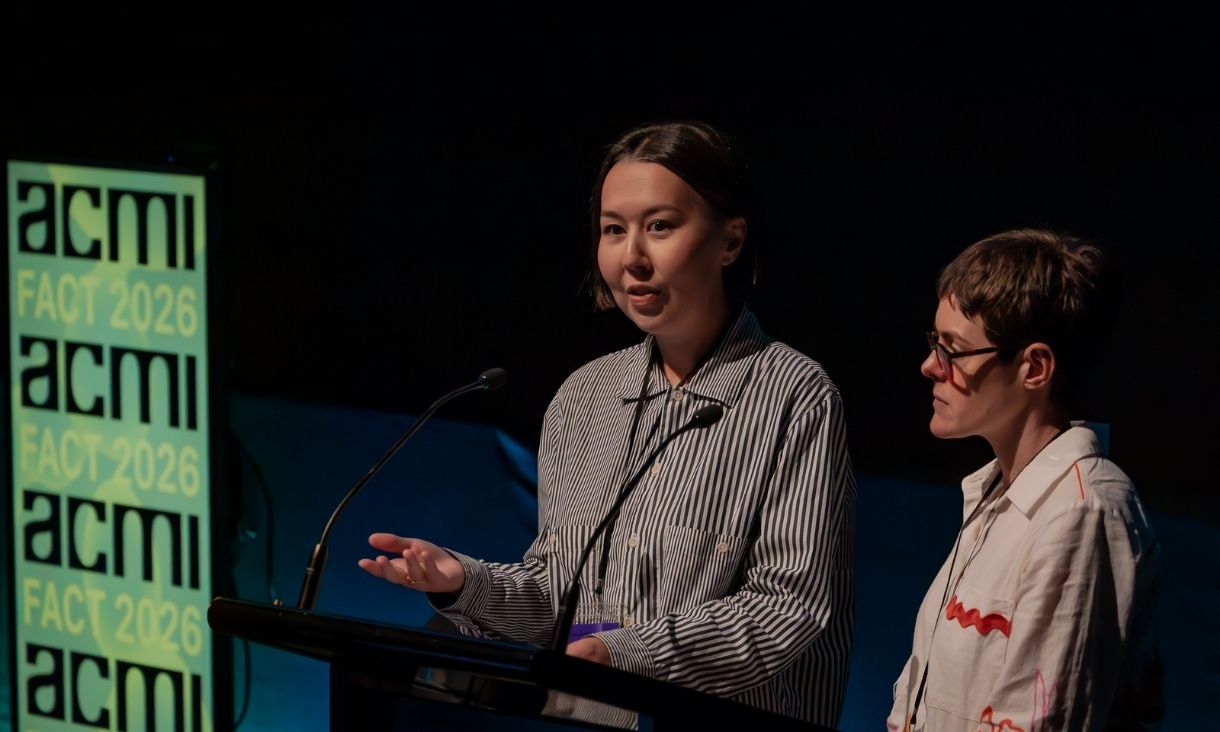Many of those attending the course cover an enormous geographical footprint, delivering services within family and community environments that frequently lack resources and infrastructure, are hugely isolated and at times are experiencing profound levels of violence.
“Workers in these settings, even within specialist service environments, often find it difficult to access, afford and find time for training, especially training as intensive as this course,” Rostant said.
“Being able to learn on location, face-to-face is a hugely valuable opportunity for these practitioners, not just from a learning and development perspective, but to share their expertise and knowledge, experiences, forge networks and connect with others facing the same professional challenges.
“This opportunity to share strategies and workarounds is hugely valuable.”
An eye-opening experience
Marissa Klein, a Victim Support Officer based in the Northern Territory who took part in the course, said she found the experience eye-opening.
“For me, the sheer number of victim/survivors was eye-opening – especially in the Northern Territory,” said Klein.
“Realising how sexual assault not only shapes the rest of the victim/survivors’ life experience but also anyone close to them and how their first disclosure could help, even in a small way, to making it a more positive experience.”
Speaking about how the experience changed her approach to working with victim/survivors, Klein said, “I feel like I always knew ‘who’ to refer victim/survivors to but attending the course has provided me with the tools and confidence to feel like I am completing those referrals from a more trauma-informed space.
“Understanding how the experience of a person’s first disclosure can shape the rest of their journey, really made an impact on me.”
More about the course
The Course is fully funded by the Commonwealth Department of Social Services funded initiative under the National Plan to End Violence against Women and Children 2022-2032.
It has been led by Monash University's Department of Forensic Medicine and the Victorian Institute of Forensic Medicine and developed in consultation with RMIT and subject matter experts.
RMIT delivers the nationally accredited vocational education and training course to students across Australia, who include social workers, community services practitioners, psychologists, solicitors, victims of crime support workers, justice workers, teachers, faith practitioners, human resources staff, student counsellors and student misconduct team members.
In 2022, nearly 300 students undertook the pilot course online, leading to the Federal Government funding the project for a further five years. It has been independently and positively evaluated by Australia’s National Research Organisation for Women’s Safety (ANROWS).
.png)
.png)






